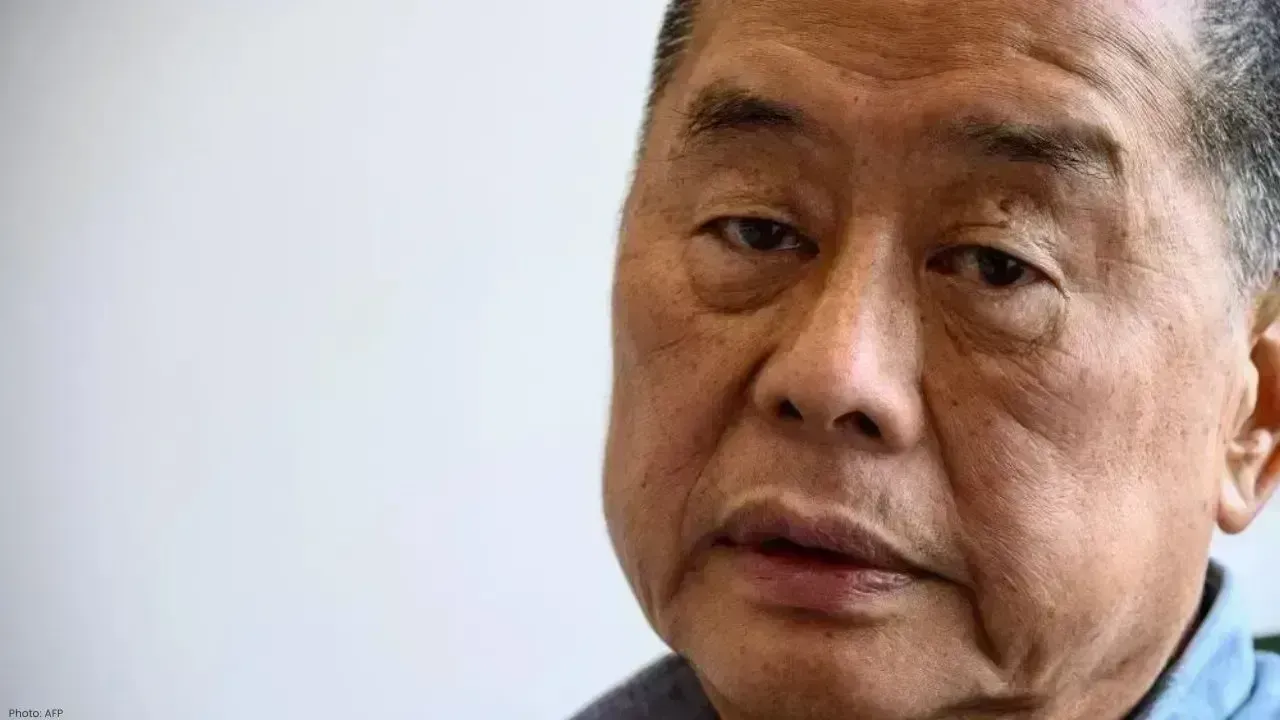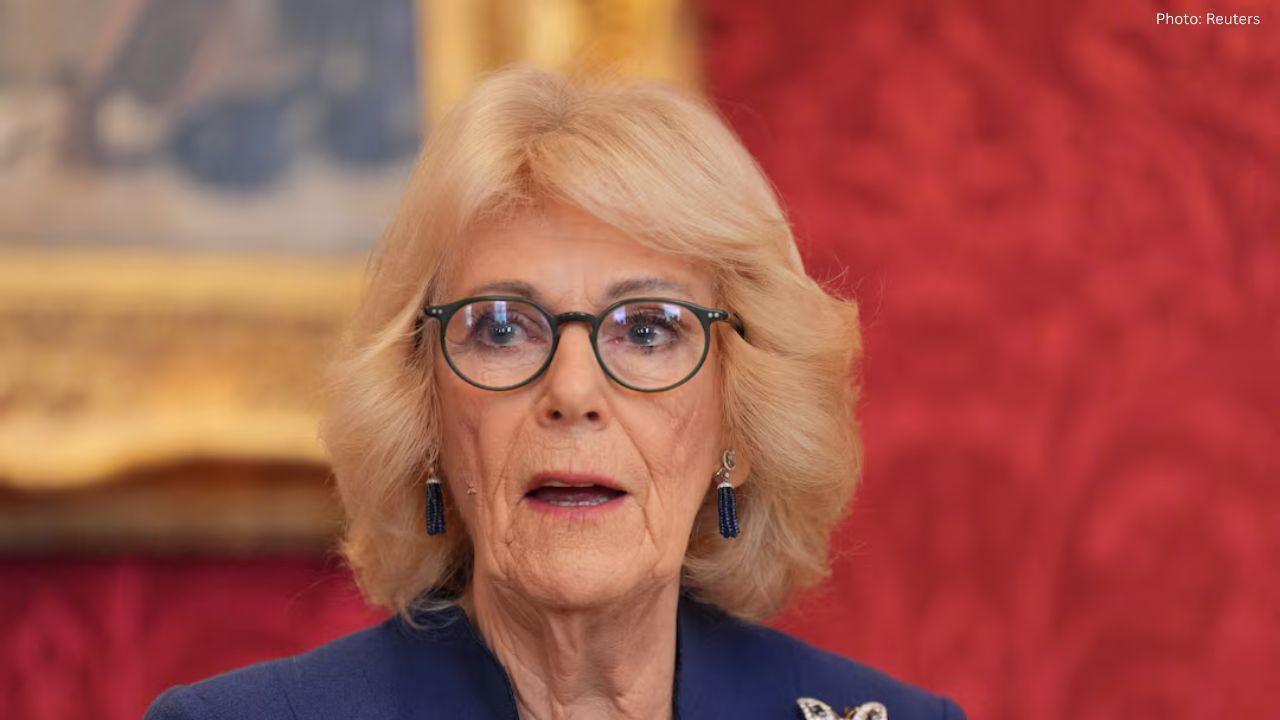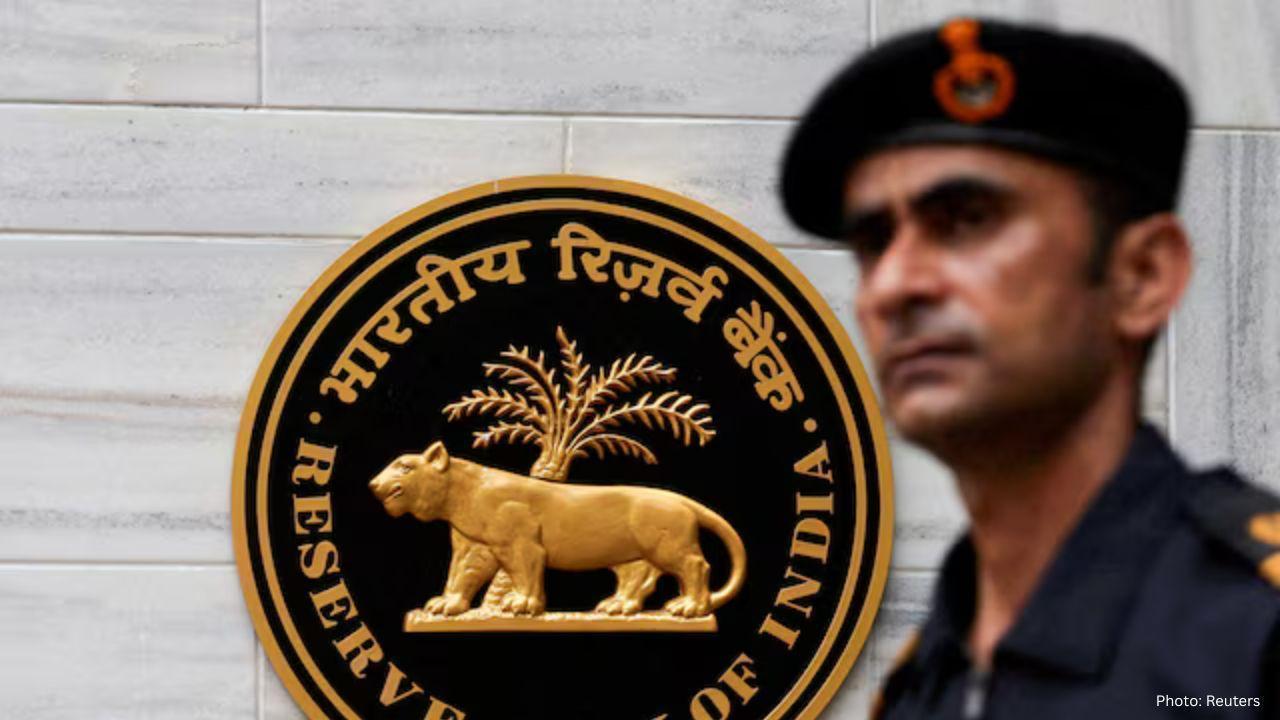You have not yet added any article to your bookmarks!

Join 10k+ people to get notified about new posts, news and tips.
Do not worry we don't spam!

Post by : Anis Farhan
Photo: PTI
In a forward-looking step toward enhancing international cooperation and youth skill development, the Assam government has unveiled a scholarship program to promote Japanese language education among students in the state. This policy initiative is not just a linguistic campaign but a calculated effort to bridge India’s northeastern region with global economic opportunities, particularly in Japan, which continues to face labor shortages and actively seeks skilled foreign workers.
The program, which was formally introduced this week, falls under Assam’s broader Skill Development and Global Employment Vision 2030. According to officials from the state’s Skill, Employment, and Entrepreneurship Department, the objective is to empower young Assamese individuals with the communication tools needed to access higher education, internships, and job markets in Japan and other Japanese-speaking economies. The government has signed collaboration agreements with reputed institutions to facilitate high-quality Japanese language instruction for interested students.
The incentive scheme will fund up to 1,000 students in its initial phase. These scholarships will cover tuition, learning material, examination fees for the Japanese-Language Proficiency Test (JLPT), and potential travel stipends for internships or study exchanges in Japan. The state government will monitor student performance and engagement levels, ensuring accountability and effectiveness.
Language education is increasingly seen as a gateway to global employability. Japan, which has an ageing population and an acute shortage of skilled labor in industries like IT, engineering, healthcare, and elderly care, has been welcoming foreign workers under its Specified Skilled Worker (SSW) visa framework. Proficiency in Japanese significantly boosts eligibility under this scheme, giving Assam’s youth a competitive advantage.
Education experts and policy analysts view this development as a critical investment in human capital. Dr. Ranjan Sharma, a language educator based in Guwahati, praised the initiative: “Japanese is not an easy language, but it opens major opportunities. Structured state support will make all the difference, especially for students from underprivileged backgrounds.” He further noted that the move could potentially catalyze language-focused educational reform across other Indian states.
Meanwhile, Japan’s consular officials in India have welcomed the development. The Japanese Embassy in New Delhi expressed hope that Assam’s efforts will enhance people-to-people ties and strengthen regional linkages between India’s northeast and Japan. Notably, Japan has been increasing its investments in the northeastern corridor of India as part of its Act East Policy alignment with Indian strategic initiatives.
From a social standpoint, the initiative also aims to give rural and semi-urban students an equal footing in global professional markets. The inclusion of remote districts in the program rollout ensures that linguistic empowerment is not limited to major cities or elite educational institutions. As technology enables hybrid and remote learning, the government’s infrastructure plan includes digital resource kits and language labs for schools and community learning centers.
This scheme has also reignited conversation around multilingualism as a strategic asset. India’s National Education Policy 2020 encourages the promotion of foreign languages, and Assam’s program is a step toward practical implementation. It aligns with a growing trend where regional governments integrate foreign language acquisition with vocational training and global job-readiness strategies.
However, some voices have raised concerns about long-term sustainability. Critics have called for transparent fund management, continued mentorship beyond just language skills, and career placement support. Without a proper follow-up mechanism, they warn, students may be left with language skills but limited application.
The Assam government has acknowledged these concerns and confirmed that the program’s second phase, planned for next year, will include direct industry linkages, professional certification programs, and a mentorship platform with Japanese-speaking alumni and working professionals.
For now, the initiative stands as a model of how regional policy innovation can respond to global workforce dynamics. It offers a roadmap not just for Assam, but for other Indian states aiming to equip their youth for an increasingly interconnected world.
This article was produced for Newsible Asia to reflect key developments relevant to the Asian continent. All details are derived from public and verified sources as of the date of publication. Newsible Asia is not liable for policy changes, individual interpretations, or official government decisions beyond this coverage.










Ranveer Singh’s Dhurandhar Hits ₹1000 Cr Despite Gulf Ban Loss
Dhurandhar crosses ₹1000 crore globally but loses $10M as Gulf nations ban the film. Fans in holiday

China Claims India-Pakistan Peace Role Amid India’s Firm Denial
China claims to have mediated peace between India and Pakistan, but India rejects third-party involv

Mel Gibson and Rosalind Ross Split After Nearly a Decade Together
Mel Gibson and Rosalind Ross confirm split after nearly a year. They will continue co-parenting thei

Rashmika Mandanna, Vijay Deverakonda Set to Marry on Feb 26
Rashmika Mandanna and Vijay Deverakonda are reportedly set to marry on February 26, 2026, in a priva

FIFA Stands by 2026 World Cup Ticket Prices Despite Fan Criticism
FIFA defends the high ticket prices for the 2026 World Cup, introducing a $60 tier to make matches m

Trump Claims He Ended India-Pakistan War, Faces Strong Denial
Donald Trump says he brokered the ceasefire between India and Pakistan and resolved eight wars, but